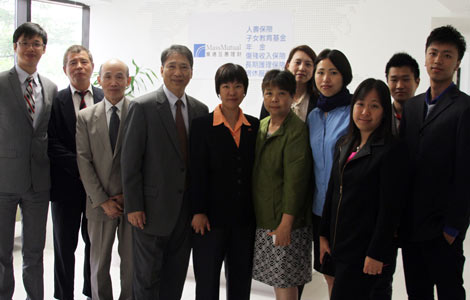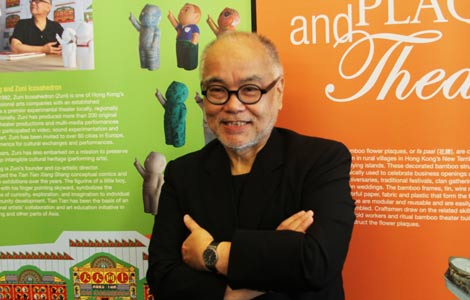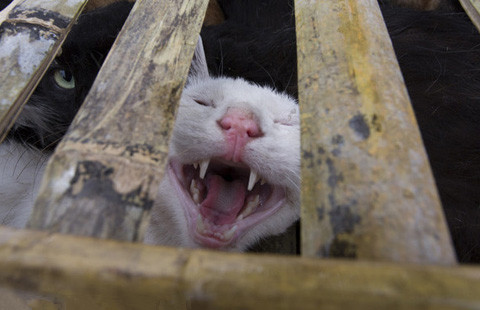Uber steers to high-end market
Updated: 2014-07-15 11:52
By Wang Chao in Beijing (China Daily USA)
|
||||||||
While Chinese mobile car-sharing apps were fighting for customers by giving high cash rebates to taxi drivers, US-based car-sharing mobile app Uber avoided the competition by focusing on the high-end market in China.
Uber recently launched its operation in Beijing, expanding service to six Chinese cities including Shanghai, Guangzhou and Shenzhen. Uber started its test operation in Beijing two months ago, and it has been in Shanghai for 10 months.
Established in San Francisco in 2009, Uber now operates in 25 cities in the Asia-Pacific region, and 140 cities in 39 countries.
Uber is the inventor of the car-calling mobile app, but it entered China a bit late - not until the beginning of this year. By then the Chinese market had been dominated by similar apps such as didi and kuaidadi.
Unlike popular apps in China which work with taxi drivers, Uber partners with car-rental companies. Drivers are not Uber employees but staff from car-rental companies, and they get paid by the fares they earned. Uber just needs to negotiate a revenue-sharing rate with these partners. "If they don't pick up trips, they can't have decent earnings," the company said.
Travis Kalanick, co-founder and CEO of Uber, said the company will offer two kinds of vehicles in Beijing - UberBlack for premium cars such as the Audi A6, and UberX for medium-level vehicles such as Passat. Uber has a backstage system to calculate the fares and normally UberBlack costs considerably more than a regular taxi.
In some cities, Uber's price fluctuates with the demand, similar to what airline ticket systems do. For example, when the weather is bad or during rush hours, the price goes up.
"In New York when the price rises, that would attract more cars into the system and everybody gets a ride home. We are doing it in Shanghai, but not yet in Beijing."
Kalanick said the high-end vehicle service will be a selling-point at the beginning, but they didn't intend to give greater priority to this service than others.
"In every market they start from a high-end, but eventually we want to offer multiple choices for customers," Kalanick said.
"We target customers that like quality and good price, but not necessarily young people," he said. "Our customers would highly overlap those who go to Starbucks."
Kalanick said Beijing is the fastest-growing city in Asia, and he believes this city is among the fastest-growing in the world for Uber.
The company didn't release customer figures, but Kalanick said he hopes Uber users in Beijing grow by 25 to 30 percent every month in the near future.
So far the service is most available in downtown Beijing, especially CBD and Sanlitun areas. Customers can get a car elsewhere, but it takes longer for pick up, the company said.
Ben Chiang, director of Uber's China expansion, said they decided to start from a small-service scale to guarantee a five-minute pick up.
"Beijing doesn't have a lot of transportation operations, the traffic is heavy and the city size is gigantic, which poses a challenge for us to roll out the service," he said.
Uber is available in Beijing 20 hours on weekdays except from 2 am to 6 am, the company said.
As a leading brand in this sector, Uber has been very catchy in the capital market. In July 2013, Uber closed its $268 million funding from Google Venture and Texas Pacific Group. Last month it closed an additional $1.4 billion funding from multiple investors around the world.
Kalanick said Uber doesn't have any plans to go public. "If you can raise billions as a private company, it gives you the option to stay a private company," he said.
Du Yangyang, public relations director of YongChe, the largest call-calling service company in China, said it is a good thing that Uber has entered more Chinese cities.
"Since 2010, Yongche has been the only operator in this sector and we welcome competitions. Uber's coming means the Chinese market is getting bigger and more attractive to international companies."
Established in 2010, Yongche is in 74 Chinese cities and offers 24-hour service. Earlier this year, it announced it would enter major US cities such as New York and San Francisco.
wangchao@chinadaily.com.cn
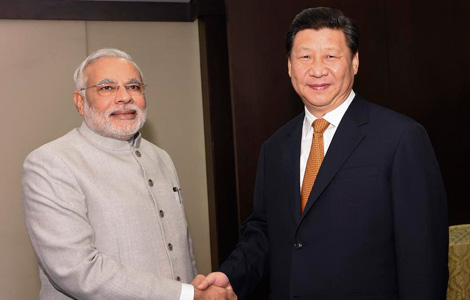
 Xi meets with India's new PM
Xi meets with India's new PM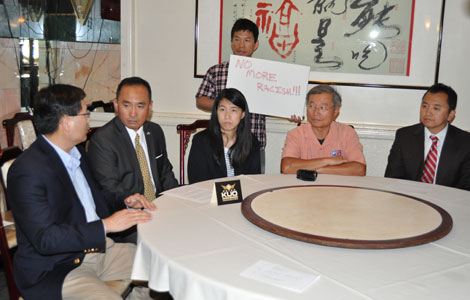
 Chinese call for Fox host to resign
Chinese call for Fox host to resign
 BRICS nations don't like West dominance: Experts
BRICS nations don't like West dominance: Experts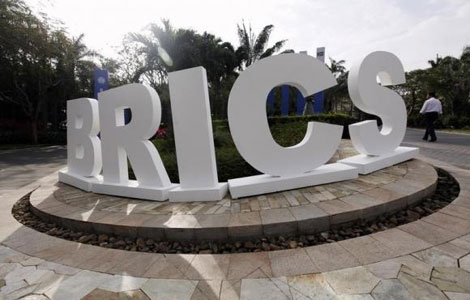
 Shanghai most likely HQ for BRICS bank
Shanghai most likely HQ for BRICS bank
 AMC to produce Chinese tale Journey to the West
AMC to produce Chinese tale Journey to the West
 Brazil makes ready to play host to BRICS 'family'
Brazil makes ready to play host to BRICS 'family'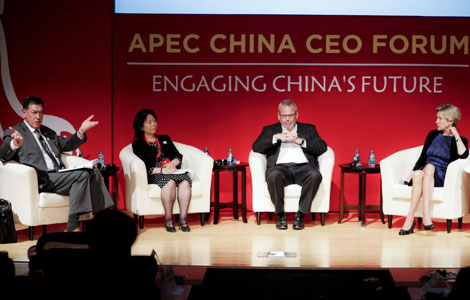
 Forum attracts APEC leaders
Forum attracts APEC leaders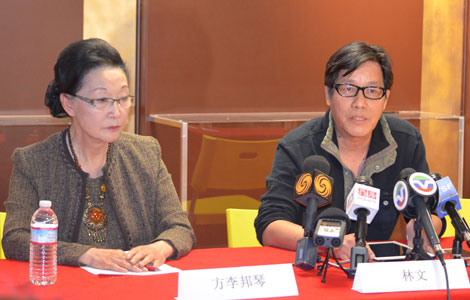
 Hacker Attacks Memorial Hall's website
Hacker Attacks Memorial Hall's website
Most Viewed
Editor's Picks

|

|

|

|

|

|
Today's Top News
Xi attends sixth BRICS summit
Xi, in Brazil, talks with Obama over the phone
China gains WTO support in its challenge to US tariffs
Emerging nations looking for more diversified global leadership: experts
Energy, commodities pivotal for China, Latin America
Xi arrives in Brazil for BRICS summit
US network to produce Chinese-inspired drama series
BRICS nations seek new paths to develop global cooperation
US Weekly

|

|
